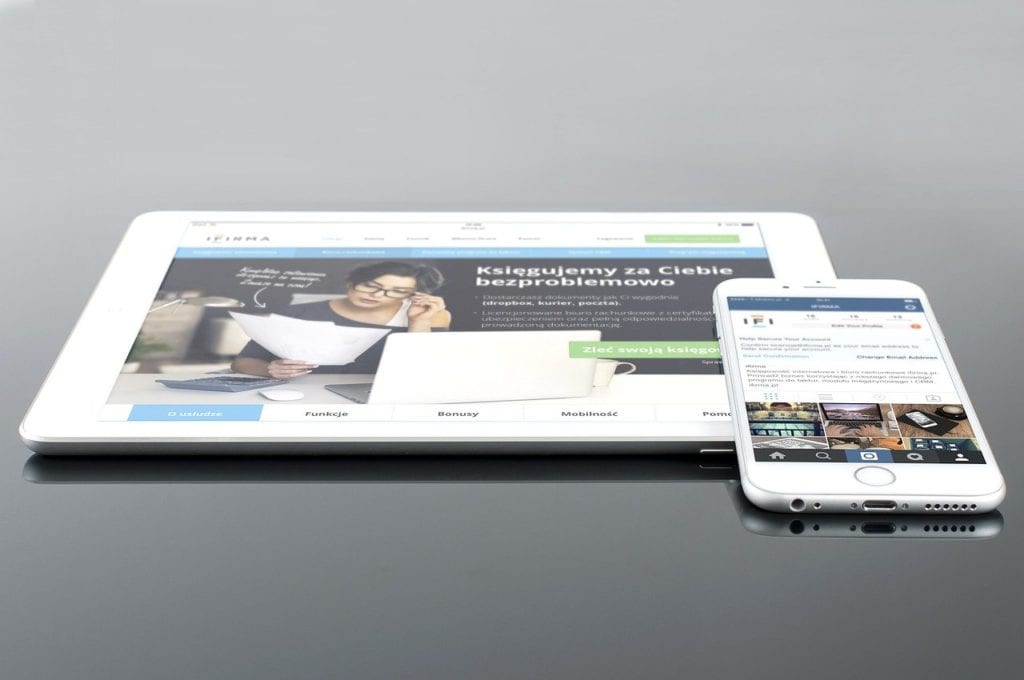 Before anything else let us define what HIPAA Compliance is, HIPAA or Health Insurance Portability and Accountability Act sets the standards for the protection of patient data. The stated rules in HIPAA Compliance is to make sure that those who deal with PHI or protected health information qualify to be doing so. Those who are bound by HIPAA are those companies or businesses who handle or have access to patient information, and provide support in treatment, payment, or operations. Anything else that is in the related business is expected to comply.
Before anything else let us define what HIPAA Compliance is, HIPAA or Health Insurance Portability and Accountability Act sets the standards for the protection of patient data. The stated rules in HIPAA Compliance is to make sure that those who deal with PHI or protected health information qualify to be doing so. Those who are bound by HIPAA are those companies or businesses who handle or have access to patient information, and provide support in treatment, payment, or operations. Anything else that is in the related business is expected to comply.
Digital healthcare solutions such as healthcare apps, medical softwares, and websites must also comply with the set standards. In this article we will answer the following questions: what are the standards that the HIPAA has set for digital healthcare solutions such as apps, websites, or softwares and how can you identify if the following solutions comply with the qualifications?
First let us look at what a healthcare app and medical software does. These digital healthcare solutions have different features and functions. Here are examples, some provide a platform that allows the flow of communication between patient and doctor to be much easier. Some provide a space where patients can track their billing and transactions, and allow them to do payments. Some create a way to make scheduling or booking appointments to be much easier. Whatever it may be it must follow HIPAA compliance.
Here are important qualifications that softwares has to take note of in order for them to be HIPAA compliant.
-
Transport Encryption
What this means is that those entities who deal with PHI, before anything is transmitted it should be encrypted. To do this, secure your software with SSL or HTTPS protocols. You can do that with your hosting provider. For HIPAA compliant texting solutions this is really important because they often handle sensitive patient information. Messages should be secure and be between the participating parties only.
-
Backup
Make sure to backup EPHI (electronic patient health information) in case there is a need for recovery and restoration. This can also be achieved through your hosting services.
-
Authorization
For healthcare and medical apps and softwares to be secure it must only be accessed by authorized users. This can be achieved by having a reliable and secure login in system.
-
Integrity
Security means that the data you collect, store, and transfer stay safely kept without being changed. You must have a security system so that you can be safe from any data tampering. It is important in HIPAA compliance that no data is altered in any way no matter how small or big and whether it was done intentionally or unintentionally.
-
Storage Encryption
The software system, databases, logs, and backups should only be accessible by authorized personnel. Storage encryption is important because it ensures that even if the system, database, logs, and backups are compromised, it stays encrypted and inaccessible.
-
Disposal
Although backup and storage are kept, patient data and information should have an expiration period and then deleted permanently. For the security of patients, no copies or extra backups should be made when the time of disposal comes.

